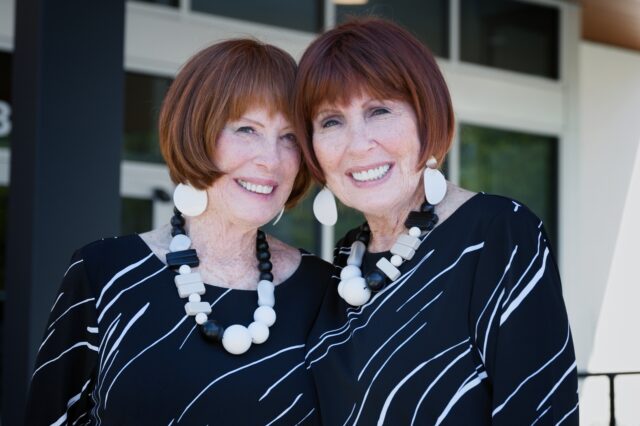
Parkinson Disease
Learn more about the causes and symptoms of Parkinson disease as well as the treatment options.
Update your location to show providers, locations, and services closest to you.
At UF Health Neuromedicine, the Movement Disorders and Neurorestoration Program offers the highest level of integrated, interdisciplinary care for patients with movements and neuropsychiatric disorders.
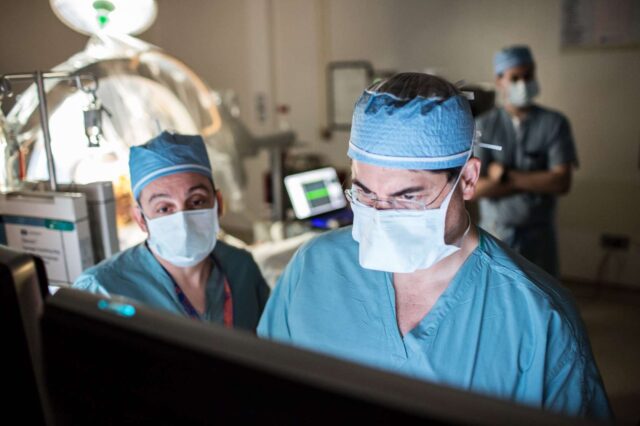
Consolidated in one centralized location, the staff coordinates a myriad of advanced medical and surgical services to deliver motor, cognitive and behavioral diagnosis and treatments.
These services are provided by University of Florida faculty and researchers from 36 different specialty and subspecialty areas, recognized for their groundbreaking work in movement disorders.
During the last decade, the expertise of these specialists has made the UF Health Center for Movement Disorders and Neurorestoration Program at the Norman Fixel Center for Neurological Diseases an international destination for patient care, research and teaching in the field of movement disorders. The center is home to four nationally recognized Centers of Excellence, including:

Learn more about the causes and symptoms of Parkinson disease as well as the treatment options.

Information about the types of tremors and what to expect from your office visit.

There are more than 13 forms of dystonia, and it affects men, women, and children of all ages and backgrounds.
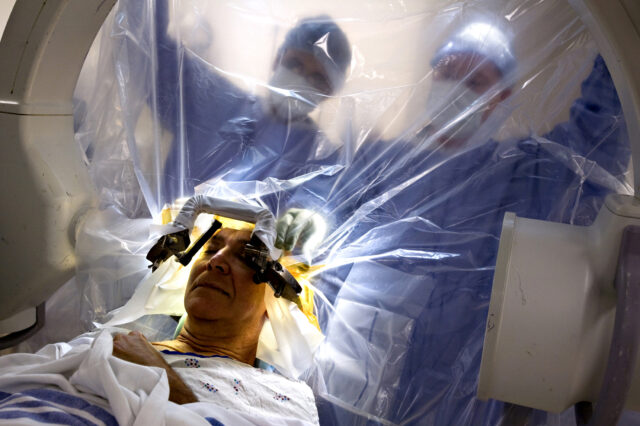
The UF Center for Movement Disorders and Neurorestoration brings together neurosurgeons, neurologists and researchers.
Patients come to the Movement Disorders and Neurorestoration Program from every corner of the globe and they are referred by physicians who recognize that movement disorders are more than neurological problems and that the challenges they present are more than medical. We care for all aspects of the patient’s disease through the use of coordinated interdisciplinary care, including:
Because UF Health Center for Movement Disorders and Neurorestoration recognizes the far-reaching impact of movement disorders on each patient’s life, our comprehensive care cuts across specialties and disciplines to address the full spectrum of a patient’s needs, from diagnosis and treatment options, through rehabilitation as well as restoration of function. This unique interdisciplinary approach brings together University of Florida faculty and researchers from specialties including:
Our neurological specialists will consult with you in the comfort of your own home using your myuflhealth account. Secure video conferencing protects your privacy and saves you time and money traveling to our office. Telehealth appointments are reimbursable through Florida's Medicaid and Medicare programs.

UF Health Center for Movement Disorders and Neurorestoration is located in the Norman Fixel Institute for Neurological Diseases. All specialists live together in a side by side arrangement– with clinical services, an automatic gait and balance machine, rehab services, a MRI, a swallow suite, laboratory space, a database, a tele-medicine room, and dedicated clinical trials space.
For more information about the surgical or medical treatment of movement disorders or to refer a patient, call the University of Florida Consultation Center at 352-265-8408. If you are a new patient, they will walk you through the process of getting an appointment. If you have Parkinson's disease or another movement disorder, we want to see you!
Dr. Michael Okun & Dr. Kelly Foote formed the University of Florida Health Center for Movement Disorders & Neurorestoration in 2002 to bring together experts in movement disorders from diverse disciplines from all over the UF Campus. In October 2014, Dr. Sanjay Gupta came to UF to look at the Center's work with a new experimental deep brain stimulation device.






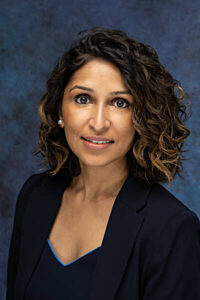
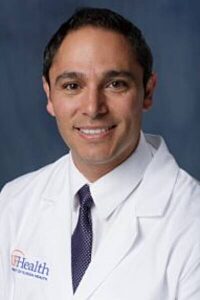



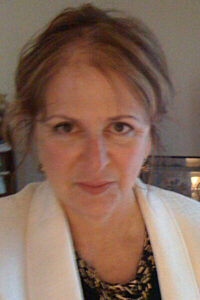

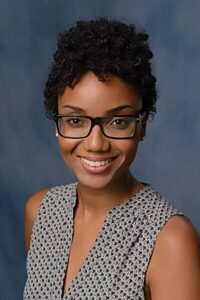
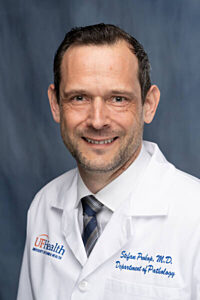
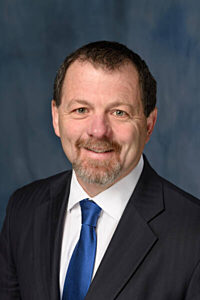
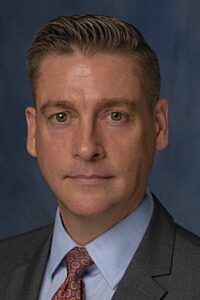
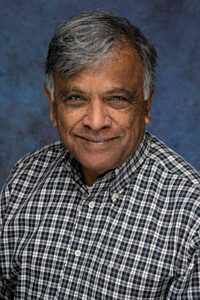
UF Health research scientists make medicine better every day. They discover new ways to help people by running clinical trials. When you join a clinical trial, you can get advanced medical care. Sometimes years before it's available everywhere. You can also help make medicine better for everyone else. If you'd like to learn more about clinical trials, visit our clinical trials page. Or click one of the links below:
This project aims to investigate novel ways to deliver brain stimulation to Essential Tremor (ET) patients by introducing software changes to their existing devices. The study team aims to investigate safety and efficacy of these new stimulation…
This study is a Phase 3 multi-site, randomized, evaluator-masked, study of endurance treadmill exercise on changes in the Movement Disorder Society-Unified Parkinson Disease Rating Scale (MDS-UPDRS) Part III score at 12 months among persons with…
In 1997, Jane Masterson received notice that her bank had rejected her check because her handwritten signature had become illegible. “I also noticed when I…
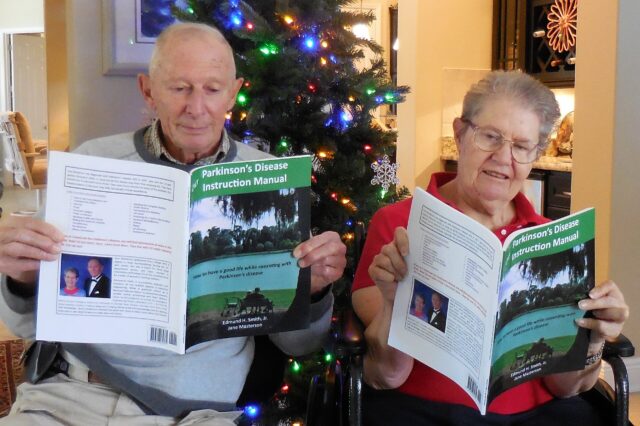
By the time Janet Plum makes the short but taxing trip to serve the coffee, the mug is only half full. What’s missing of the morning brew is dotted on the…
